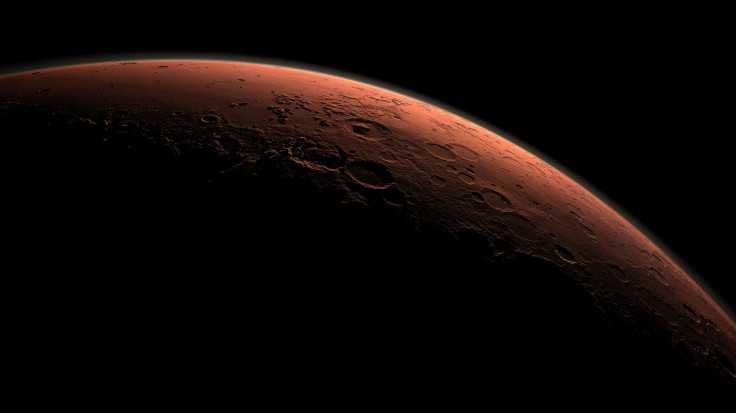Astronauts To Mars Could Use Anti-Radiation Drug To Prevent Memory Impairment

As NASA, SpaceX, and other space agencies move ahead with their plans to launch humans on missions to Mars and beyond, a group of scientists has found a way to address one of the biggest concerns that could arise from such trips — memory impairment.
Be it moon, Mars or any other part of the solar system, long-term space travel comes with a certain set of problems, things that might raise health-related concerns for those on the mission. One such situation is memory impairment, which occurs due to increased exposure to space radiation.
Once astronauts venture beyond Earth’s magnetic field, they are at risk of being exposed to cosmic radiation 1,000 times higher than what they experience on our planet or on the International Space Station, in the low Earth orbit. This could affect their brain’s immune system cells (microglia) and drive inflammation that could impair memory functions, much like Alzheimer's, and destroy information-bearing synapses or connections between brain cells.
"We are starting to have evidence that exposure to deep space radiation might affect brain function over the long term, but as far as I know, no one had explored any possible countermeasures that might protect astronauts' brains against this level of radiation exposure," Susanna Rosi, who led a NASA-funded effort to better understand the radiation effect, said in a statement.
As the success of a mission depends on the health of the crew, situations like these could become a roadblock in the upcoming missions. However, researchers from the University of California, San Francisco, led by neuroscientist Rosi, think a drug called PLX5622 from pharmaceutical company Plexxikon might prevent memory impairment.
During a recent set of tests, they were able to demonstrate that mice treated with the drug after being exposed to simulated levels of space radiation remained healthy in the long run, but those who didn’t get the treatment witnessed memory problems three months after exposure and couldn’t remember objects seen a day before.
Follow up examination of their brains revealed destroyed synapses and signs of inflammation in untreated mice, but the brains of the treated ones didn’t look like they were ever affected by intense space radiation. This led the team to posit the drug forces the brain to replace irradiated cells with new and healthy ones and prevents memory-related problems associated with them.
"This is really neat evidence, first that rebooting the brain's microglia can protect cognitive function following radiation exposure, and second that we don't necessarily need to treat immediately following the radiation exposure for the drug to be effective," Rosi added in the statement.
That said, it is also worth noting that it might not be long before scientists prepare a version of this drug for humans. Compounds similar to the one tested here are already in use for cancer treatment trials, which suggests the findings could soon be translated for astronauts. Among other things, scientists could also use the treatment for preventing age-related cognitive impairments or impairment after cancer radiation therapy.
The study, titled "Temporary microglia-depletion after cosmic radiation modifies phagocytic activity and prevents cognitive deficits," was published May 18 in the journal Scientific Reports.
© Copyright IBTimes 2024. All rights reserved.





















